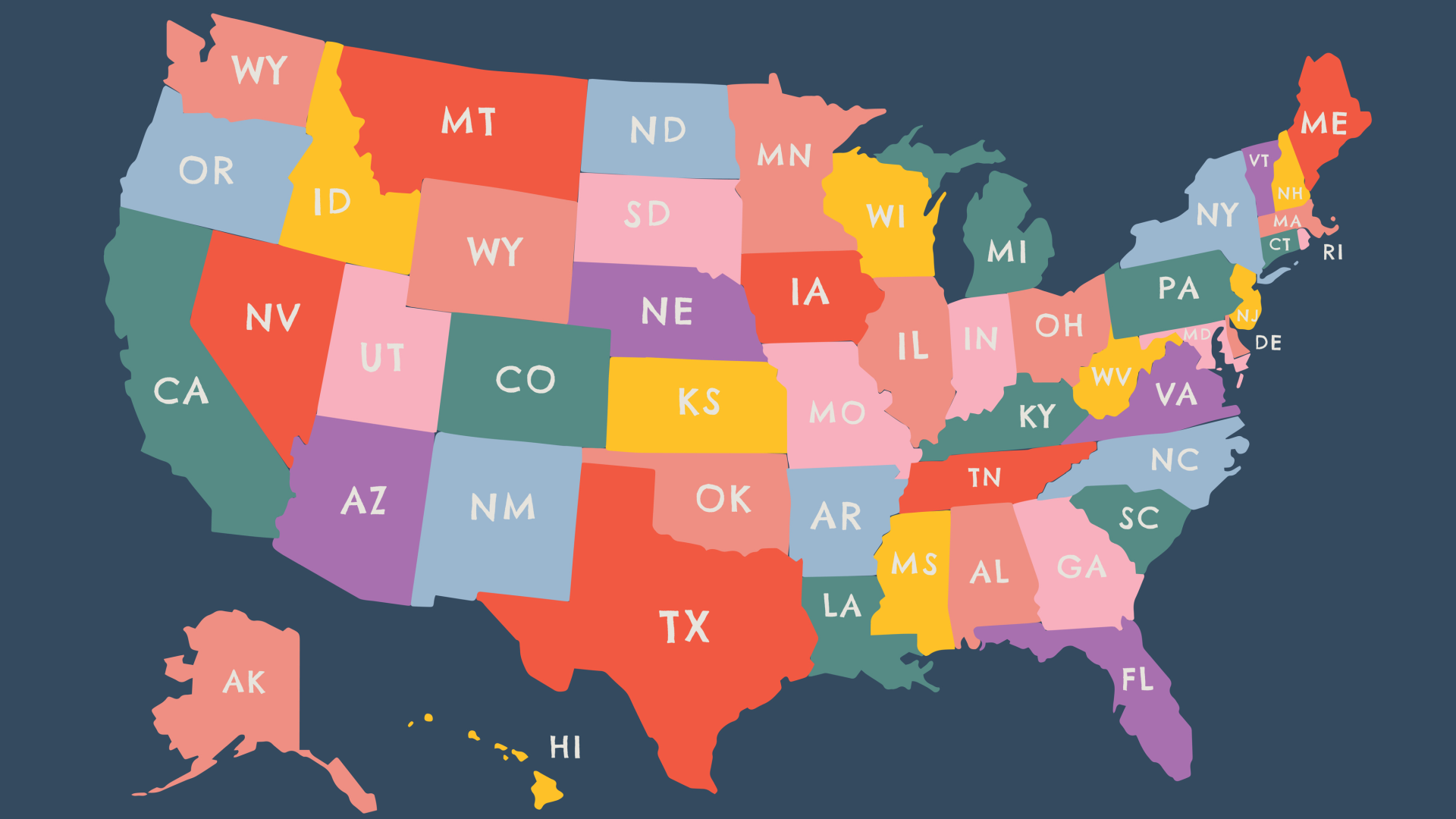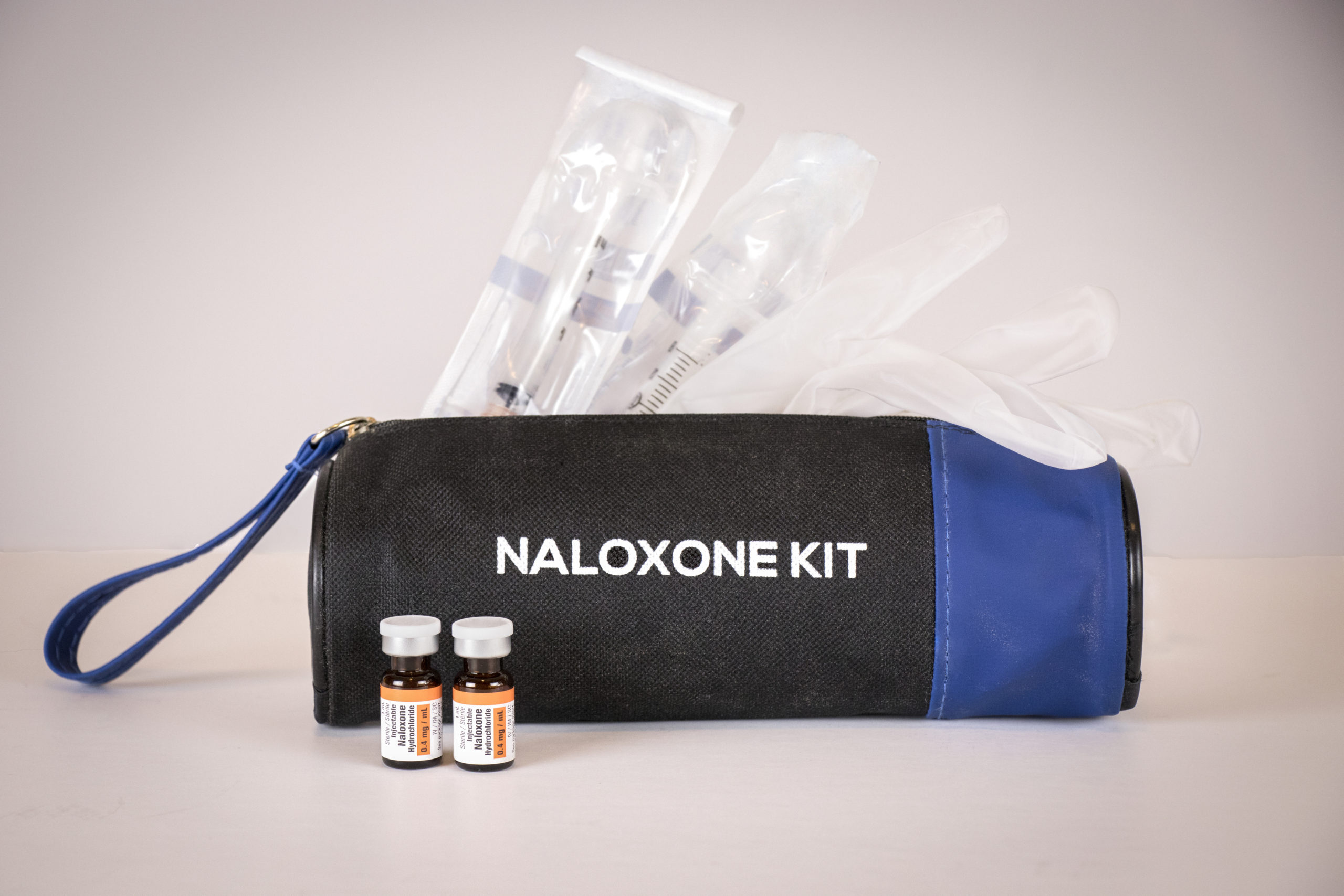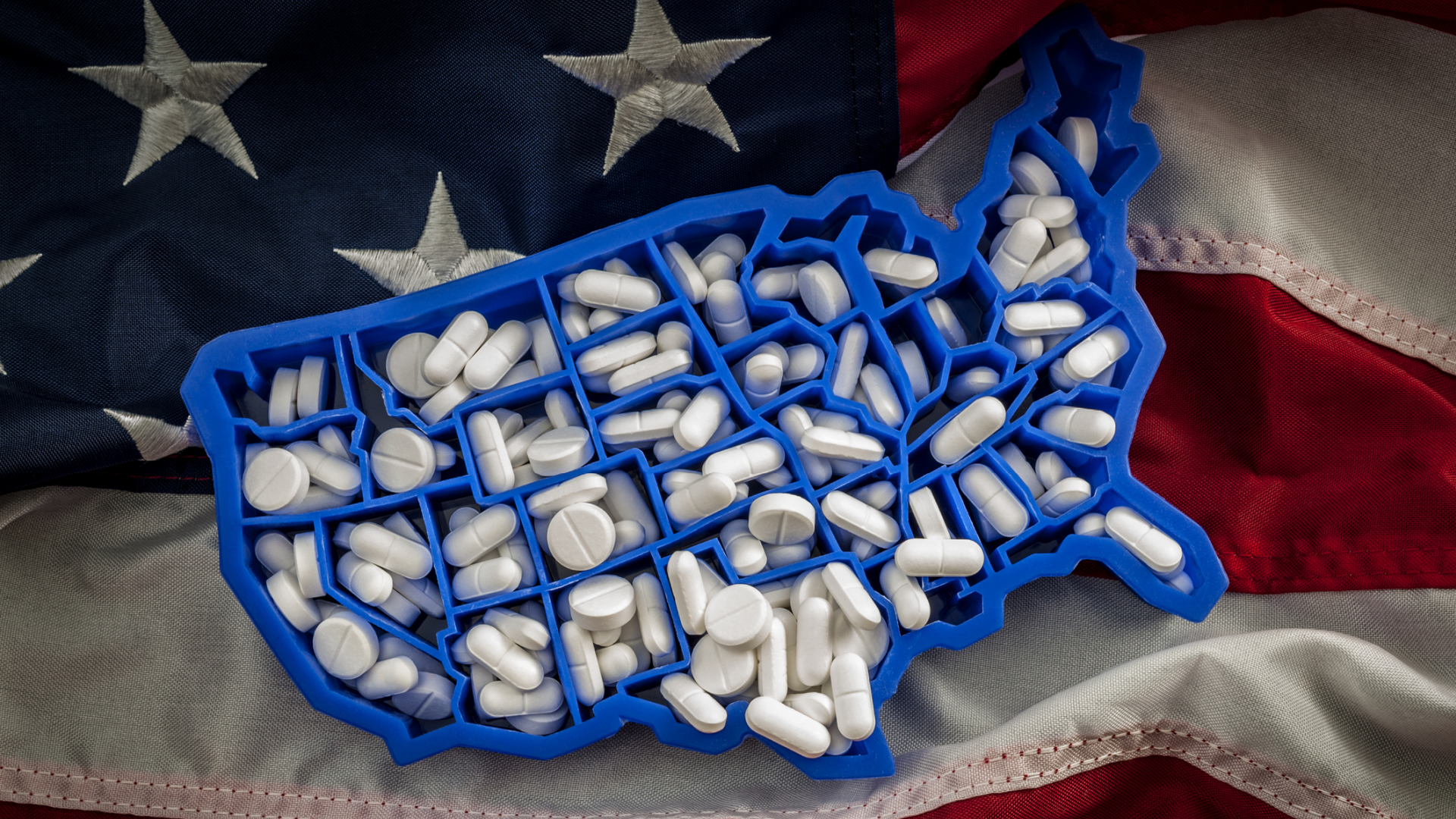Recovery Residences
Recovery residences provide a sober, safe, and healthy living environment that promotes recovery from alcohol and other drug use and associated problems. These residences are commonly referred to by a number of names, including sober living houses, sober living environments, and recovery homes, and their primary purpose is to provide a home-like environment for individuals in recovery from substance use disorder to help sustain that recovery....












